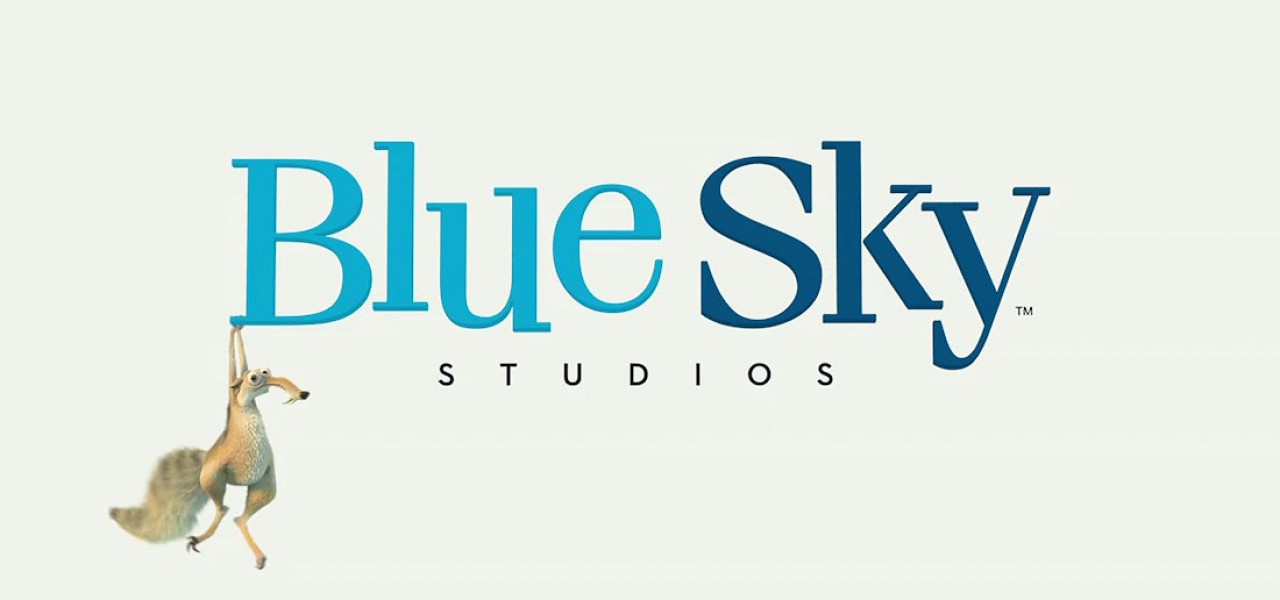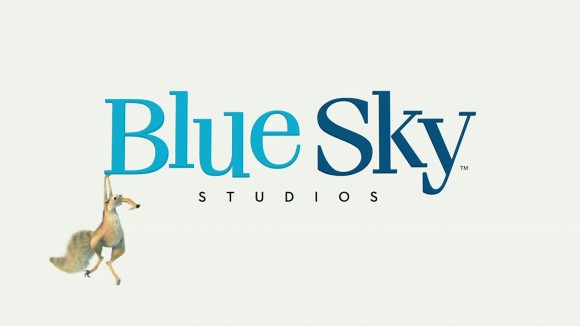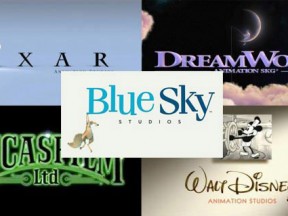

Blue Sky Agrees To Settle Wage-Fixing Lawsuit With Animation Workers
Blue Sky Studios, the studio behind the Ice Age franchise and The Peanuts Movie, has agreed to a settlement with animation industry professionals over allegations of an industry-wide collusion scheme in which major feature studios conspired to suppress wages and reduce competition for the highly-skilled employees that create the movies from which the studios make their fortunes.
The lead plaintiffs in the class action case, In re Animation Workers Antitrust Litigation — Robert Knitsch, David Wentworth and Georgia Cano — filed for court approval of the settlement agreement last week. The settlement provides for Blue Sky to pay $5.95 million to the class, that is, all animation and visual effects employees employed by the any of the defendants — not just Blue Sky — from 2001-2010 (though the period covers lesser time periods for some of the studios: for Blue Sky, as an example, the period covered is 2005-2010). Importantly, the court has yet to “certify” — that is, approve — the class. Even so, the settlement is a significant victory for the plaintiffs, and a worrisome development for the remaining defendant studios.
In the lawsuit, the plaintiffs allege that the defendant studios, including the Walt Disney Company, Pixar Animation Studios, DreamWorks Animation, Sony Pictures Animation, Sony Pictures Imageworks, Lucasfilm, and ImageMovers Digital, conspired for years to keep costs down by paying their employees less than their worth and preventing them opportunities for career advancement. If proven, this behavior runs afoul of federal antitrust law and the studios can expect to pay hefty fines and suffer other penalties.
Blue Sky apparently believes that the plaintiffs’ case is a strong one — strong enough to dissuade it from fighting it any longer. As part of the settlement, the studio also agreed not to voluntarily cooperate with the remaining defendants, and will not oppose class certification. Additionally, the studio promised to help authenticate and provide context for the documents Blue Sky has already produced during discovery.
In a related case from 2010, commonly known as the High-Tech Employee Antitrust litigation, Google, Adobe, Apple, and Intel all settled for an amount equal to just over 14% of the total damages calculated by the plaintiffs’ expert in that case. Blue Sky’s settlement amount is about 25% of Blue Sky’s share of the total damages as calculated by the plaintiffs’ expert. The plaintiffs argue that such an improvement in percentage is evidence of the fairness of the settlement agreement, and argue that federal Judge Lucy Koh should approve the settlement.
If the settlement is approved, the remaining defendants will have to assess whether they, too, should negotiate a settlement. Because some of these defendants, such as Pixar and Lucasfilm, were involved in the alleged conspiracy for far longer than Blue Sky, the settlement amounts will likely be significantly larger than the $5.95 million Blue Sky has agreed to.
The defendant studios did get some good news last week. Federal magistrate Judge Paul Grewal denied plaintiffs’ efforts to obtain copies of documents involving Pixar’s executive vice president and general counsel Lois Scali. The plaintiffs asserted that the documents helped to prove fraud; Pixar asserted attorney-client privilege, which provides that certain communications between an attorney and the attorney’s client are private. After personally reviewing the documents, Judge Grewal sided with Pixar.
The significance here is that the plaintiffs need to prove fraud in order to avoid the statute of limitations, which limits the time period in which a lawsuit can be prosecuted against a defendant, usually to a period of three or four years. Indeed, the plaintiffs’ initial complaint was dismissed by Judge Koh for precisely this reason.
However, if plaintiffs can show evidence of fraud, then, because the law considers fraud especially loathsome and vile, the statute of limitations can be avoided. In spring of 2015, the plaintiffs successfully alleged fraud against the defendants, and Judge Koh allowed the case to move forward. But if, without the Lois Scali documents, fraud becomes more difficult for the plaintiffs to prove, then the studios may again use the statute of limitations as a shield. Only time will tell how this plays out.
In any case, Blue Sky’s willingness to settle is a significant step forward toward a fair resolution, and a victory for the hard-working members of the U.S. feature animation community.

.png)


